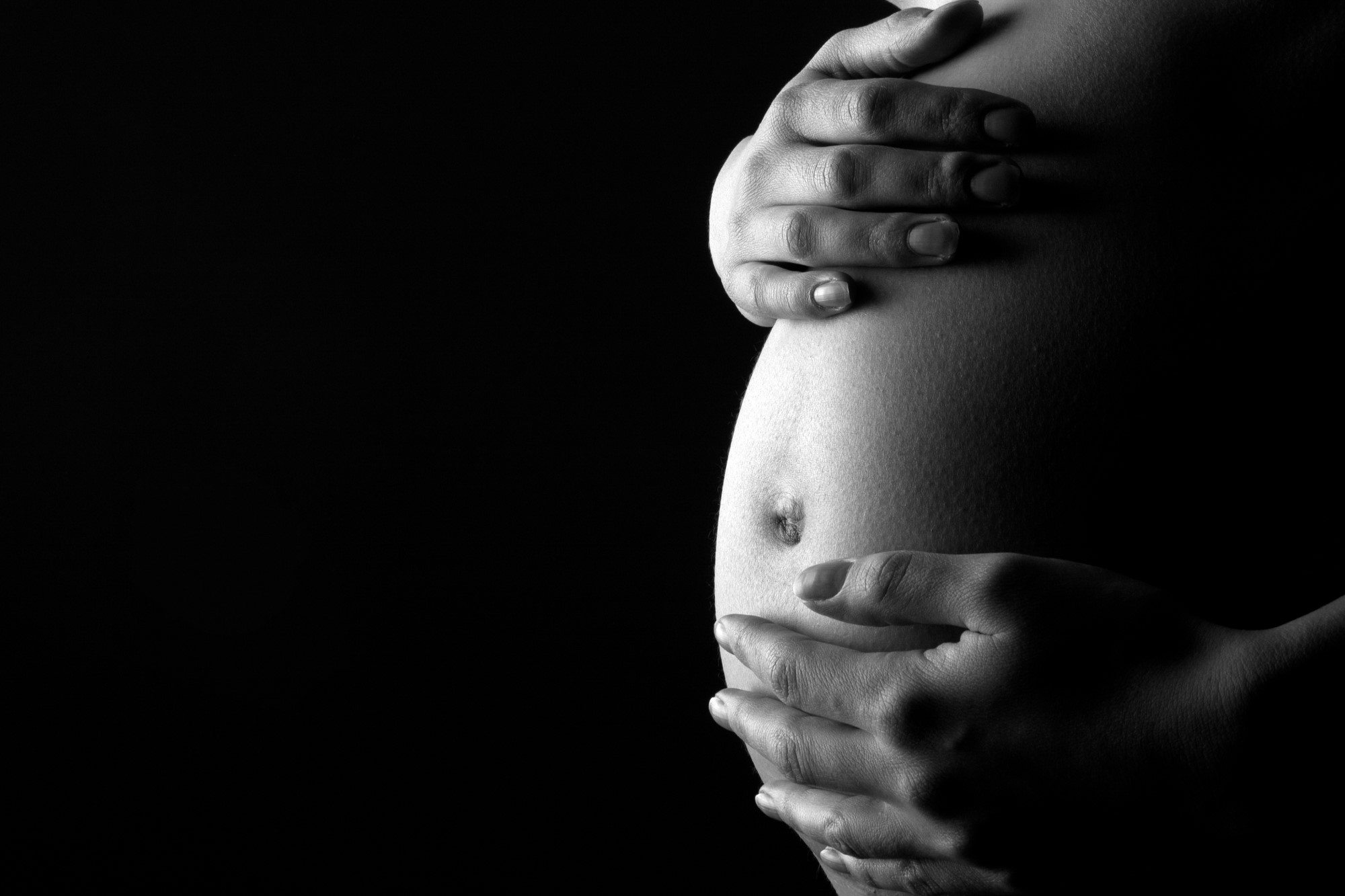Rights of the Unborn: Personhood After Dobbs

Last month a jailed pregnant woman claimed that her fetus was being illegally detained after she had been charged with second degree murder during her pregnancy. A writ of habeas corpus on behalf of the unborn child in Florida’s Third District Court of Appeal was filed arguing that the “unlawful and illegal detention” of the unborn child violated its constitutional rights on the basis that the “unborn child had not been charged with any crime of the state.” It was argued that the “draconian confinement” was harmful as the unborn child was in such a proximity to violent criminal offenders. It was further claimed that the rights of the unborn child were violated due to the lack of prenatal and medical care within the jail environment, as well as being subject to transportation to the jail without air conditioning for an extended period. The petition was dismissed, and the unborn child was not afforded “personhood.”
Since Dobbs v. Jackson Women’s Health Organization, which removed the constitutional right to an abortion, anti-abortion groups have advocated for federal fetal personhood laws. These protections grant the fetus similar legal rights and immunities available to citizens. However, in doing so, the fetus and the mother are treated as separate legal entities. In the most extreme, an unborn child could possess identical rights to a pregnant person.
Georgia’s Living Infants Fairness and Equality (LIFE) Act is the first glimpse into such world. Under this law, aborting a pregnancy after the sixth week could result in criminal charges as the state considers a fetus a person at that point. (Georgia recognizes the fetus in census data, allows a fetus to qualify for tax credits, and permits mothers to apply for child support during their pregnancy.) While the Act provides an exception for miscarriages, rulings are sure to be contentious as abortions and miscarriages are treated as medically comparable.
The role of personhood within both ethics and law has been widely debated. Within ethical discussions, personhood is often described as having moral status, which guarantees a right to life and inherent dignity. In the legal system, personhood confers rights, duties, and protections.
The landmark Supreme Court case Roe v. Wade in 1973 provided a constitutional right to abortion. The lawyers representing the state of Texas in Roe argued that a fetus should be entitled to all the protections guaranteed under the Fourteenth Amendment including a right to “life.” However, the court ruled that the word “person,” does not include the unborn. Instead, it was held that personhood could not be granted to a fetus before viability — the point in which a fetus can survive outside the womb. In Dobbs, which overturned Roe, the court declined to disclose their views on fetal personhood. “Our opinion is not based on any view about if and when prenatal life is entitled to any of the rights enjoyed after birth.” This ambiguity, coupled with new powers allowing states to determine abortion rights, has granted license for all manner of personhood accounts to be made regarding unborn children.
What would it mean for pregnant persons if extensive personhood laws were applied to both embryos and fetuses?
Firstly, pregnant persons could be prosecuted for the death or injury of their unborn child. If personhood laws were applied to unborn children and federally recognized, the termination of pregnancies would inevitably result in criminal prosecutions. An individual may be charged with murder or manslaughter for seeking an abortion, or conspiracy to commit murder if they travel to obtain an abortion in another state.
This opens up further questions beyond the scope of abortion. For example, what would happen if an individual had a miscarriage? Would they be charged with attempted murder? Maternal health disparities could allow for certain groups to be unfairly targeted over others. For example, research has shown that Black patients are at a much higher risk of suffering a miscarriage than white patients. Native Americans, some Asians, and some Latinas also experience higher maternal mortality rates compared to white patients. Should extensive unborn personhood laws be recognized, there is a risk that minority groups could suffer discrimination and unfair criminal targeting.
Further, a report from the Centers for Disease Control and Prevention found that a large number of pregnancy-related deaths could be contributed to provider factors, including misdiagnosis and ineffective treatments, as well as system of care factors such as lack of coordination between providers. This poses questions about who would be responsible for maternal policing, and how narratives about pregnancy loss would be analyzed.
What about a pregnant person’s day-to-day life? The impact of unborn personhood laws could affect pregnant people who engage in behavior that is seen as harmful, significantly impacting everyday decisions. Failing to provide sufficient prenatal care may allow pregnant persons to be prosecuted, and child endangerment laws could apply putting parents at risk of criminal prosecution. A pregnant individual’s diet, sleep, exercise, as well as their work and home environment could be scrutinized for putting unborn life at risk. Undergoing certain medical treatments such as chemotherapy or taking medications that doctors advise against during pregnancy such as aspirin or antidepressants may also become illegal. This would make it impossible for pregnant individuals and their healthcare providers to identify all the actions which might threaten criminal prosecution. Ultimately, recognizing robust unborn personhood would significantly curtail the rights of a pregnant person.
Additionally, extensive unborn personhood laws would have broader implications for reproductive health and assisted reproductive technologies. These laws could impact the use of in vitro fertilization or preimplantation genetic diagnosis as the destruction of some embryos are an inevitable side effect of both fertility processes. Disposing of unused fertilized eggs or disregarding implanted eggs could result in criminal charges should the embryo be seen as a person from the moment of conception.
Living in a world where the unborn’s right to life outweighs a pregnant person’s right to decide what happens to their body places considerable limits on a pregnant person’s autonomy. The liability implications of proposed laws and increased surveillance threaten to further foster a blame culture regarding pregnancy — judgments especially unfair towards pregnant persons who suffer poor maternal outcomes through no fault of their own. Abortion care is now heavily regulated in many U.S. states and the prospect of affording the unborn full personhood status adds another terrifying dimension to the way reproductive healthcare is controlled in the United States.




